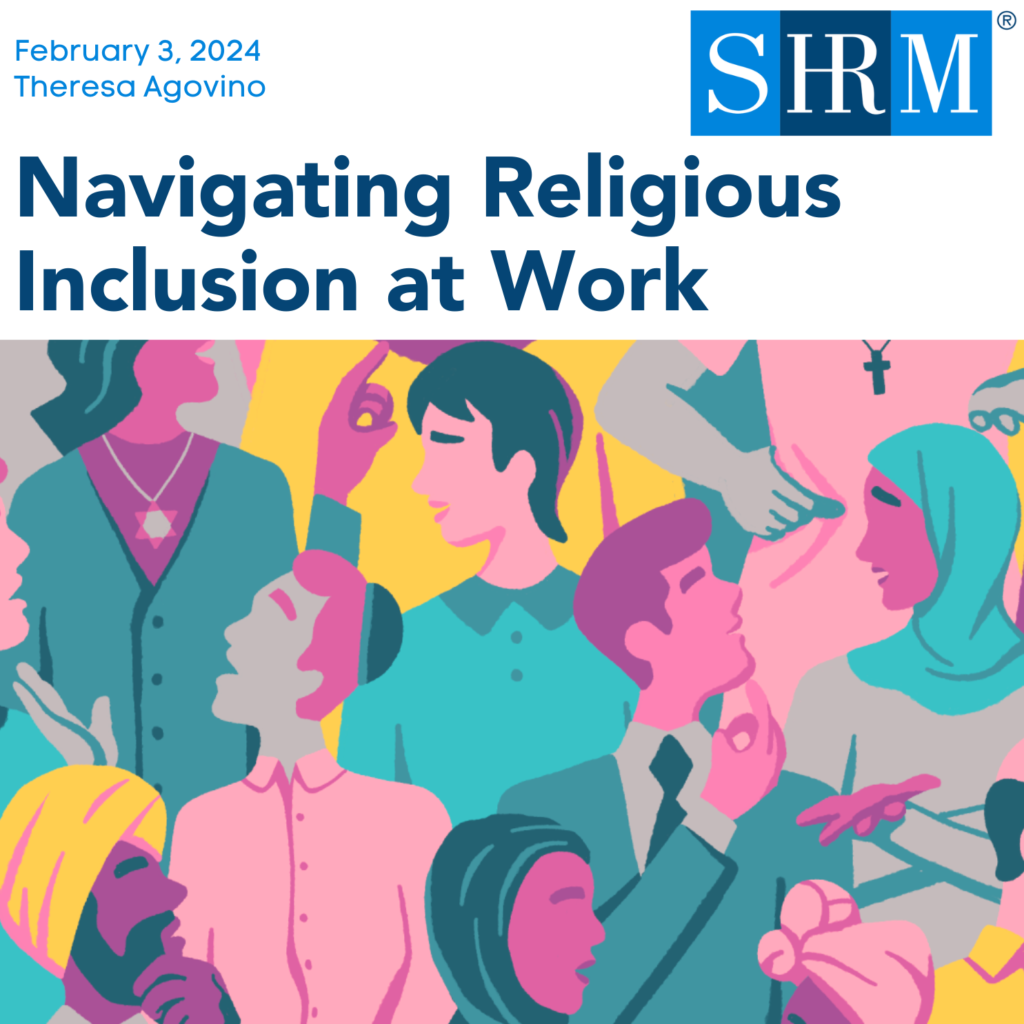
Business & FoRB Event – Executive Summary
On March 5th, the APPG FoRB held an event in partnership with the Religious Freedom & Business Foundation focusing on creating and fostering faith-friendly workplaces within the business field to increase social and economic well-being. Speakers included: Ruth Jones, MP; Oliver Pawle, the London based Chairman of Korn Ferry Board Services Practice; Sukie Singh, the vice president of Faithforce at Salesforce; Brian Grim, the founding president of the Religious Freedom & Business Foundation; Baroness Verma and chaired by Jim Shannon, MP.
What is happening in companies is what we want to have in our societies. Business has led so many things for cultural change. Business was at the forefront of LGBTQ, and they are doing this now by embracing the culture within. FoRB is always a me-story, and indeed there are so many people being killed, churches destroyed, mosques and many more in all countries religious freedom is under duress. But a positive me-story is the way FoRB is expanding in workplace cultures around the world.
For example, Salesforce has implemented robust diversity and inclusion initiatives to uphold this commitment, including their employee business resource groups Faithforce – with a vision of “creating inclusive employee experiences for people of diverse beliefs and worldviews, promoting trust, learning, and religious pluralism,” to advocate for global faith communities.
What steps should business leaders take? They need to encourage active faith networks, and to use national resources to support these workplace Faith networks (just as they have LGBTQ networks), implement proper literacy training for people and leaders and employees to understand different faith cultures and religions.
One example of businesses making a larger impact for not just their workplaces but increase opportunities for those in need from religious minority communities. In Pakistan, religious minorities are limited in their access to employment. For instance, Christians are limited to sanitation jobs solely because of their religion. This highlights a unique opportunity for businesses continue to implement faith at work by opening the door for these groups to work and provide for their families.
Empirical evidence has shown that religious freedom is highly correlated with socioeconomic well-being. By creating faith-friendly workplaces, employees can work in a safe environment and perform to their greatest measure as motivated by their religion or belief. Such fostering creates a sense of belonging for religious employees thereby encouraging them to continue with the company instead of taking their talents elsewhere.
Businesses have a unique opportunity and advantage in being pioneers as builders seeking to advance the human right of FoRB through social harmony in the workplace.
Recommendations:
- (1) Take the formula and actions of the private sector of business and introduce it into the public sector through proper training and accurate information in the media.
- (2) Take this message throughout the UK, for example, by holding a Faith at Work event in Newport at the ICC.
















